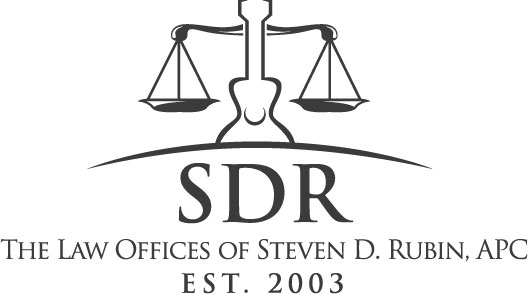
(Internet Transactions) Domain Names
“A rose by any other name would smell as sweet” is a commonly quoted part of a dialogue in William Shakespeare’s play Romeo and Juliet, in which Juliet argues that the names of things do not matter, only what things “are.” Of course, Juliet probably was not aware of internet “Domain” names when she said this …
The domain name system helps users find their way around the internet. Every computer on the internet has a unique address called its “IP address” (Internet Protocol address). Because IP addresses (which are strings of numbers) are hard to remember, the domain name system allows a familiar string of letters (the “domain name”) to be used instead. Thus, for example, the user can enter www.icann.org” instead of a series of numbers (such as “192.0.34.65”). A “domain name” is defined by California law as any alphanumeric designation that is registered with or assigned by any domain name registrar as part of an electronic address on the internet. (Still awake?)
A registrant’s domain name is property subject to execution for enforcement of a judgment against the registrant for damages. For purposes of levying on a domain name pursuant to a writ of execution, a domain name is located where the company maintaining the domain name database (the registry) is located and also where the registrar is located (so, for example, in one case domain names in a registry maintained by VeriSign, Inc., with headquarters in Mountain View, California, were subject to levy in Northern District of California). Who knew?
California law recognizes that a domain name is intangible personal property which, as such, can be the subject of an action for conversion (a wrongful taking for you non-legal types).
California Domain Name Cyber Piracy Statutes
Disputes over domain names have resulted in legislation at both the state and federal level as well as administrative remedies. Generally, these statutes make it unlawful for a person acting in bad faith to register, use, or traffic in a domain name that is identical or confusingly similar to the personal name of another living person or deceased personality.
Uniform Dispute Resolution Policy (“UDRP”)
An organization called ICANN established the Uniform Dispute Resolution Policy (“UDRP”) as a private system of domain name dispute resolution. All registrars of top-level domains must follow UDRP. Under this policy, most types of trademark based domain name disputes must be resolved by agreement, court action, or arbitration before a registrar will cancel, suspend or transfer a domain name. Disputes alleged to arise from abusive registrations of domain names, such as cyber squatting, may be addressed by expedited administrative proceedings that the holder of the trademark rights initiates by filing a complaint with an approved dispute resolution provider. To invoke UDRP, a trademark owner should either:
- File a complaint in a court of proper jurisdiction against the domain-name holder; or
- In cases of abusive registration, submit a complaint to an approved dispute resolution service provider.
Anticybersquatting Consumer Protection Act (“ACPA”)
The federal Anticybersquatting Consumer Protection Act (“ACPA”) provides another means of domain name disputes within the United States. Like UDRP, the purpose of ACPA is to provide protection to a trademark owner from the registration by a third parties of a domain names that is confusingly similar to the trademark. ACPA allows a cause of action to the original domain name registrant who loses a UDRP proceeding to challenge that loss in federal court and obtain an injunction returning to the original registrant the disputed domain name.
Trademark Considerations
Registration of a domain name as a trademark is subject to the same registration requirements as any other mark. A mark composed of a domain is registrable as a trademark or service mark only if it functions as a source identifier, and not merely an informational indication of the domain name address used to access a web site. If the proposed mark is used in a way that would be perceived as nothing more than an address at which the applicant can be contacted, registration must be refused.
Thus, a “rose” by any other domain name may not smell very sweet at all, Juliet notwithstanding.
